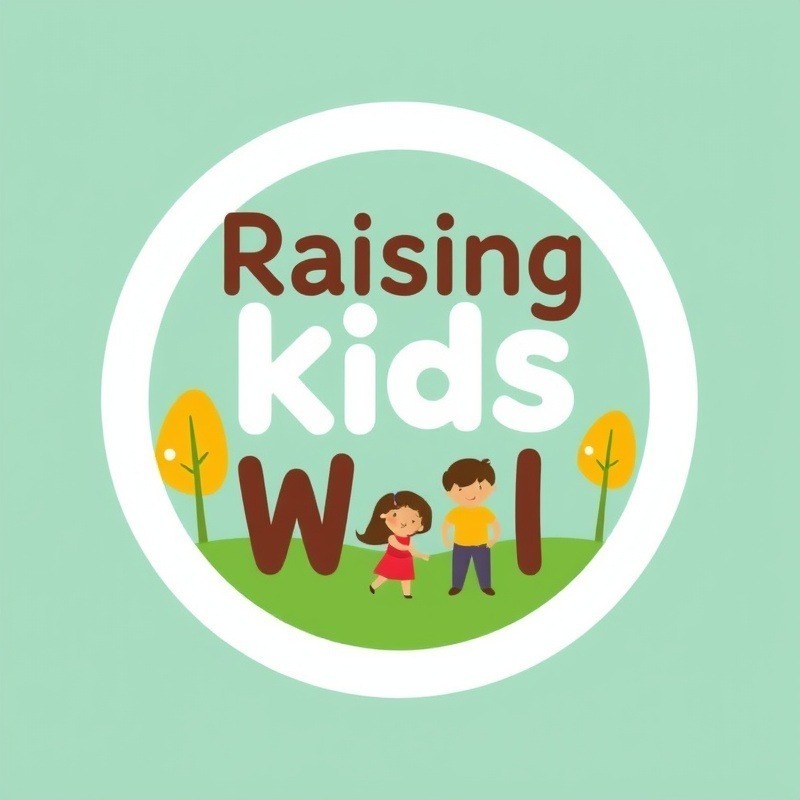
Understanding Mifepristone: What You Need to Know
Mifepristone, a medication often used for abortions, has become a hot topic in the political arena recently. Health officials, including Secretary Robert F. Kennedy Jr., have raised alarms about the safety of this pill, citing data suggesting serious risks such as sepsis and hemorrhaging. However, it's important to consider the broader context and existing research on this medication.
Despite RFK Jr.'s statements about reviewing health data, many experts firmly believe mifepristone remains one of the safest options for women considering medication abortions. Studies from established medical journals have consistently demonstrated its effectiveness and safety over the years, with the FDA approving it 25 years ago. In fact, a recent analysis showed that it is safer than widely used drugs like penicillin and Viagra.
The Political Landscape and Its Implications
Given the current political climate, RFK Jr.'s remarks bring renewed attention to efforts by some conservative factions to restrict access to abortion medication. The push against mifepristone is part of a broader agenda by Project 2025, targeting reproductive rights.
Many Americans support abortion rights, yet the narrative pushed by certain political figures centers around safety concerns that may not reflect the scientific consensus. The questioning of mifepristone's safety is not unprecedented; similar discussions occurred during intense legal battles over abortion rights in various states.
A Closer Look at Safety Signals
The claims about the 11% complication rate come from a paper published by a conservative think tank. While such data can stir public fear, it is crucial to scrutinize the research rigorously. The study wasn’t peer-reviewed and included women with specific medical conditions, which can skew results. In contrast, comprehensive studies have indicated that mifepristone’s benefits far outweigh potential risks for most women.
Hearing from Experts: The Medical Community's Support
The American Medical Association has unequivocally stated that banning mifepristone would lead to significant harm, especially within marginalized groups who already face barriers to healthcare. As healthcare professionals, their role is to advocate for evidence-based practices, emphasizing the well-documented safety of mifepristone.
Future Directions and Next Steps
As the conversation around mifepristone intensifies, it’s crucial for readers to stay informed. Understanding the debates around this medication not only empowers individuals but also drives discussions about reproductive healthcare. With medication abortions representing about two-thirds of abortions in the U.S., the implications of any ban would be profound.
Your Role in the Conversation
As concerned citizens, discussing mifepristone, its safety, and the implications of its potential ban should be part of our civic engagement. Whether through conversations within families or public discussions, every voice matters in this critical debate about women’s health rights and autonomy.
In a time where public health is often at odds with politics, staying educated and advocating for well-informed decisions based on credible evidence can help shape the future of reproductive rights in America.
 Add Row
Add Row  Add
Add 



Write A Comment